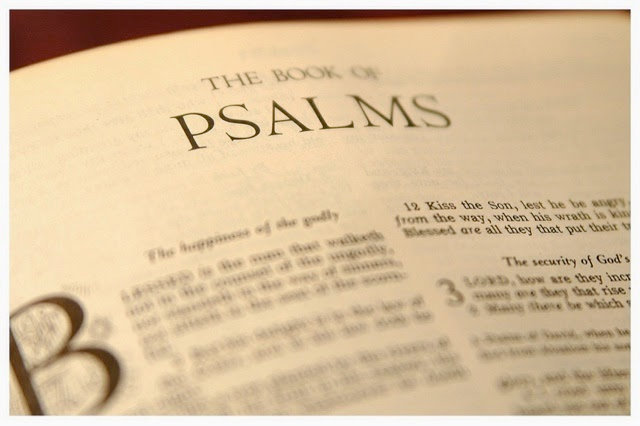GETTING THE MESSAGE/Give us zeal for the glory of God
With the approach of July 4 this week, I thought we would look at one of the most influential sermons in American history on Psalm 76. John Witherspoon, the only minister to sign the Declaration of Independence, preached a sermon on verse 10 that caused a great stir in the colonies. The sermon, “The Dominion of Providence over the Passions of Men,” was preached in May of 1776, a month before Witherspoon was elected to the Continental Congress, and two months before the Declaration of Independence.
Witherspoon was president of Princeton. James Madison was one of his students. Many of his students were in positions of command during the Revolution. The text that he preached from in Psalm 76:10 reads, “Surely the wrath of man shall praise you; the remnant of wrath you will put on like a belt.”
Witherspoon paraphrased the verse this way: “The fury and injustice of oppressors shall bring in a tribute of praise to you; the influence of your righteous providence shall be clearly discerned; the countenance and support you will give to your own people shall be gloriously illustrated; you shall set the bounds the boldest cannot pass.”
Witherspoon acknowledged that “there is an unsearchable depth in the divine counsels, which it is impossible for us to penetrate. It is the duty of every good man to place unlimited confidence in divine wisdom.” Nevertheless, he reasoned, where revelation and experience enable us to discover that wisdom, we are to give attention to it.
Witherspoon said that the first place the wrath of man praises God was “an example and illustration of divine truth, and clearly points out the corruption of our nature, which is the foundation stone of the doctrine of redemption. Nothing can be more absolutely necessary to true religion, than a clear and full conviction of the sinfulness of our nature and state. Without this, all that is said in scripture of the wisdom and mercy of God in providing a Savior, is without force and without meaning.”
In the second place, the wrath of men praised God “as it is an instrument in his hand for bringing sinners to repentance, and for the correction and improvement of his own people.” By this Witherspoon meant that when there are times of prosperity and security, people are remiss and negligent about the things of God, but when distress and suffering come, God uses them to provoke men to harken to his voice.
Witherspoon said, “I would take opportunity on this occasion, and from this subject, to press every hearer to a sincere concern for his own soul’s salvation. There are times when the mind may be expected to be more awake to divine truth, and the conscience more open to the arrows of conviction, than at others.”
Witherspoon reasoned that if the conflict for freedom was of such great importance, how much more important is it that you will be heirs of heaven or heirs of hell? “Have you assembled together willingly to hear what shall be said on public affairs, and to join in imploring the blessing of God on the counsels of arms of the united colonies, and can you be unconcerned, what shall become of you forever, when all the monuments of human greatness will be in ashes?”
Witherspoon believed the cause of America against England was just: “The cause in which America is now in arms, is the cause of justice, of liberty, and of human nature. There is not a single instance in history in which civil liberty was lost, and religious liberty persevered entire.”
He counseled the people to have pure principles, “that the present opposition to the British does not arise from a seditious and turbulent spirit or a wanton contempt of legal authority…but from a concern for the interest of your country, and the safety of yourselves and your posterity.”
Witherspoon said a corruption of morals makes a people ripe for destruction, so “have a zeal for the glory of God and the good of others. I have already endeavored to exhort sinners to repentance; what I have here in view is to point out to you the concern which every good man ought to take in the promoting of public virtue and not practicing impiety and vice.”
Witherspoon ended his sermon with these words: “God grant that in American true religion and civil liberty may be inseparable, and that the unjust attempts to destroy the one, may in the issue tend to the support and establishment of both.”



